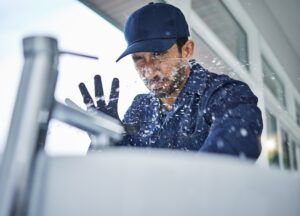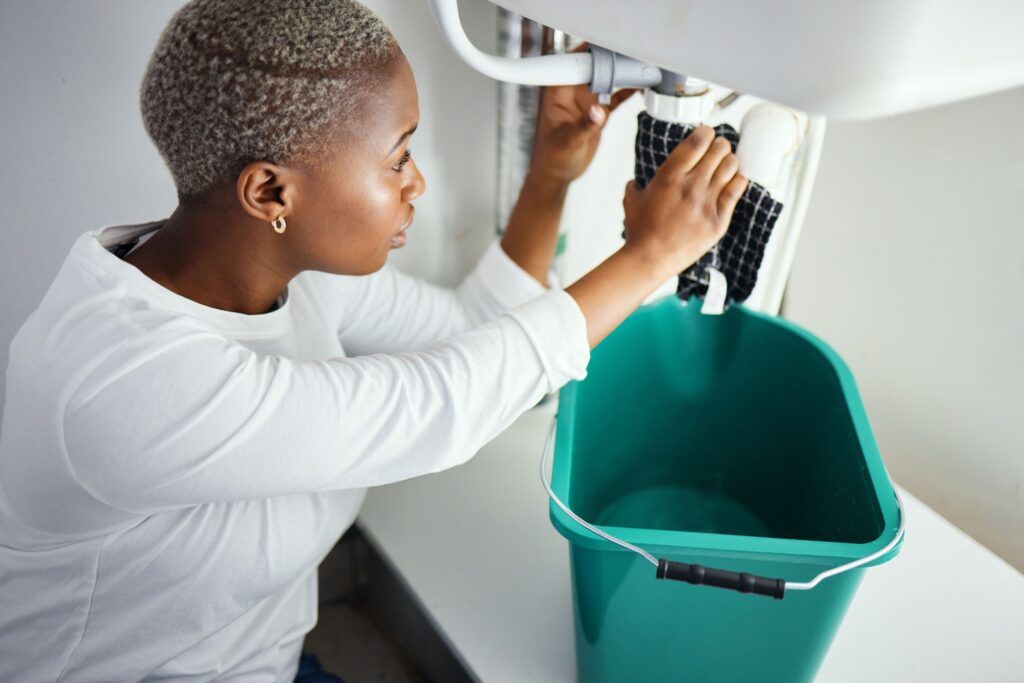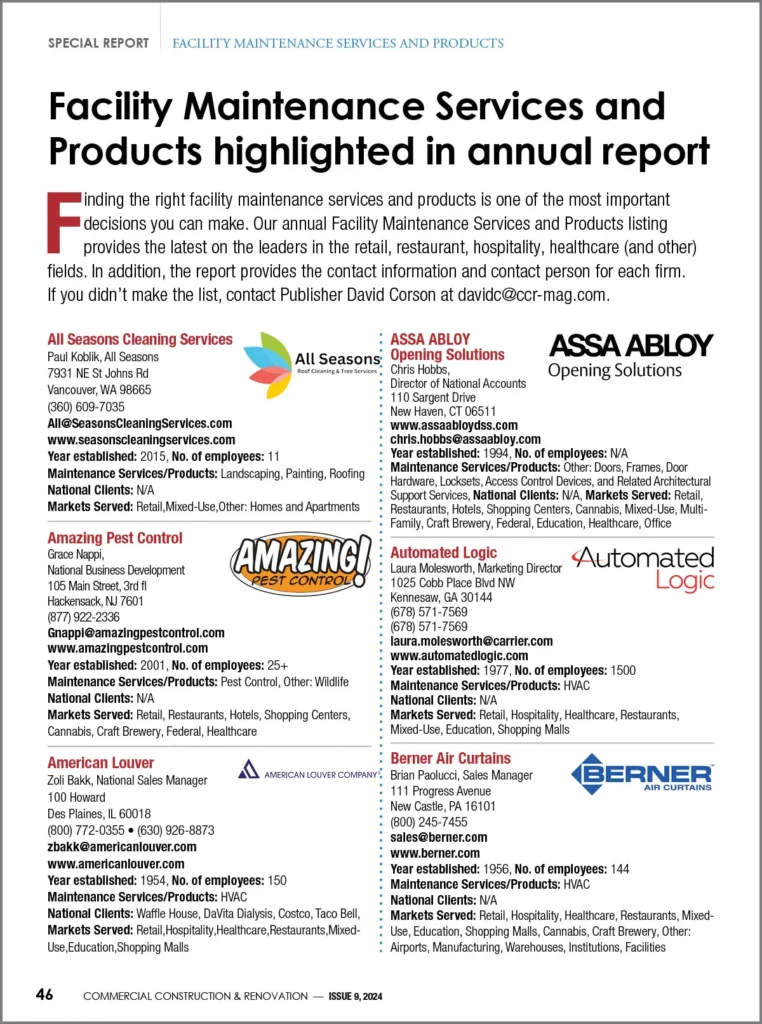Being a homeowner isn’t something that doesn’t come with its own set of challenges. And if you’re a homeowner yourself, you’ll be facing multitudes of problems along the road. They include problems with the electrical system, roofing issues, and the like. Chief among them, in fact said to be the most common, are plumbing emergencies.
Plumbing emergencies range from a burst pipe to a suddenly clogged drain, and they can cause a real mess that’d be a headache to clean and deal with later on. What to do in a plumbing emergency then?
Luckily, knowing what to do during plumbing emergencies can save you from having to deal with a real mess. Not only you’ll be able to resume enjoying plumbing, but you may even save on money from repair costs on damages that are further exacerbated by plumbing problems. Dan’s Plumbing offers a range of services to solve your plumbing problems.
To help you, here’s a straightforward, nine step guide to handle any plumbing emergency effectively and calmly. Continue reading below to learn more.
- Don’t Panic
Keep in mind the following when it comes to emergencies, including plumbing emergencies at your home: you need to keep your cool because panicking won’t help. Why? Being able to think clearly and calmly will help you in properly dealing with a plumbing emergency. Not only that, if you’re in a state of panic and you have to deal with a plumbing emergency with family around, you may put others in the same state of mind and cause chaos.
To move forward, take a deep breath and pause. Clear your mind of anything and move on to the next crucial steps quickly.
- Shut Off The Supply Of Water
The next step is to turn off the closest water source immediately. This is to prevent any further overflowing of water.
How do you turn off the water supply? For toilets, it might be the valve at the base or behind it. If it’s a bigger issue like a burst pipe, you’ll need to shut off the water valve that controls the water flow in your home. This valve is typically located in the basement or outside near the street.
Turning off the water supply will minimize the damage and give you time to think about what your next move should be like calling plumbing professionals like Better Flow Plumbing.
- Check Your Water Heater
In a major plumbing emergency, it’s a great idea to switch off your water heater to avoid any water-related damage. You need to turn it off to avoid heat building up inside, which could further increase the present pressure and pose a risk of bursting. And if you have an at-home gas water heater, you need to turn off the gas first, which is especially important if you require a Leak detection plumbing service.

- Take On Smaller Leaks
When dealing with plumbing emergencies, you ought to start small. This includes having to deal with smaller leaks first before moving on to more complex issues.
If you find a small leak, you can manage it temporarily by using old towels or rags to soak up the water. In addition, you may use plumber’s tape or a bucket under the leak as a short-term solution. These temporary fixes can prevent water damage until an expert plumber arrives to do a professional plumbing service.
- Open Your Drains and Spigots
After the main water is shut off, did you know that there’s still water in your pipes that can cause water-related damage? To deal with such issues, proceed by opening any spigots outside your house. Then, run the water until it stops flowing and there’s no more leaks. Similarly, use plungers to open up any clogged drains to let the water there flow freely – this is to reduce the present pressure and any backing-up.
- Seek The Services Of A Professional Plumber
Once you’ve dealt with the immediate plumbing problems, your next step is to call a professional plumber. Keep a list of reliable plumbers with round-the-clock emergency services saved in your phone or somewhere accessible. They can provide the necessary repairs on the dot and advice to prevent future issues.
- Clear The Area
Remove any household items from the affected area to prevent damage from water. Move items to a dry area to reduce water exposure and make it easier for the plumber to work on the plumbing issue once they’ve arrived.
- Take Pictures Or Videos Of The Plumbing Issue
For insurance purposes, it’s crucial to document the damage. Take photos and make notes describing the plumbing issue’s impact and what was affected. This evidence can be helpful for insurance claims once you’ve filed your insurance documents and for your plumber to understand the extent of the problem when they’re ready to make the repairs.
- Take Steps To Avoid Any Future Plumbing Issues
Once your emergency plumbing situation is under control, talk to your plumber about ways to prevent future plumbing disasters. Regular maintenance checks, installing a water leak detection system, or simple practices like not flushing non-degradable items down the toilet can save you from future headaches caused by plumbing issues.
To Conclude
Plumbing emergencies are a source of headaches for homeowners. Indeed, they’re unforeseeable and stressful to deal with yet being prepared makes a significant difference. What to do in a plumbing emergency? By following the steps featured above, you can handle unexpected plumbing issues with confidence and efficiency. Remember, don’t hesitate to call for professional help if a plumbing issue is much more complex than what you’ve expected, and you’re not equipped and knowledgeable to handle it.









 The 2024 virtual Men’s Round Table will be held Q4, 2024, date TBD.
The 2024 virtual Men’s Round Table will be held Q4, 2024, date TBD.













